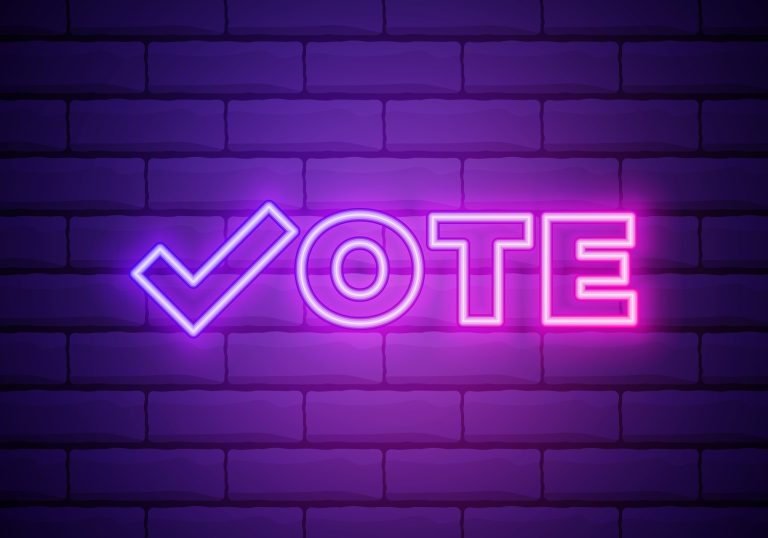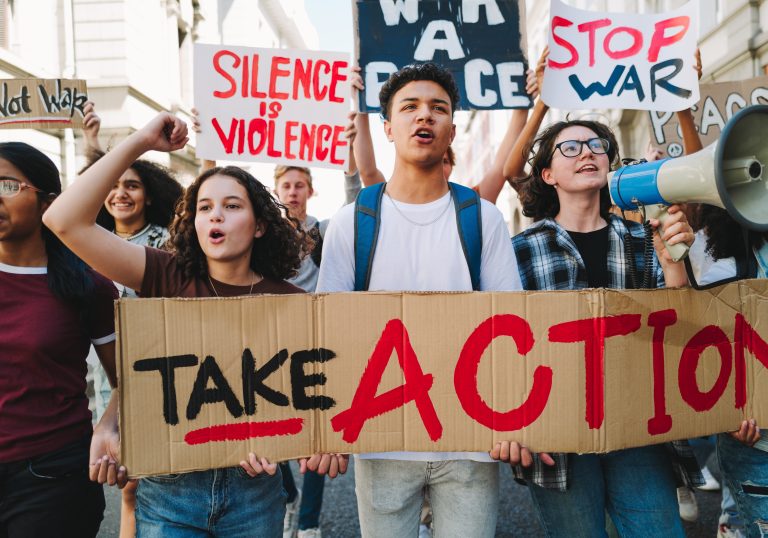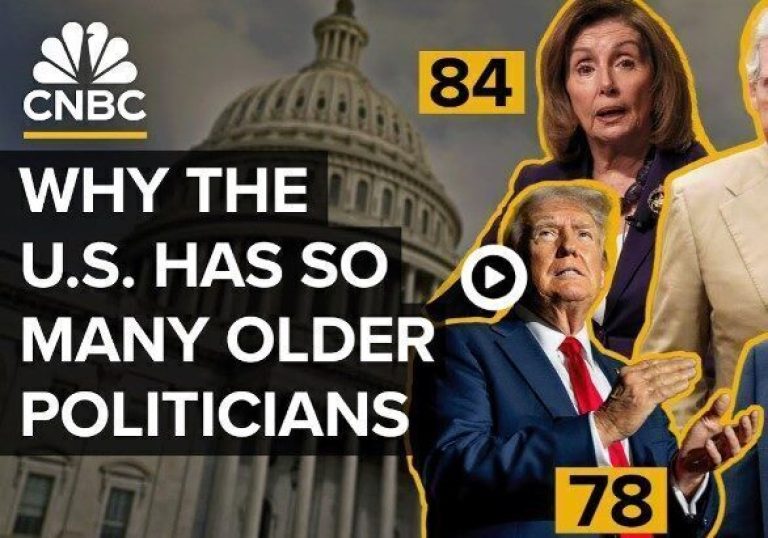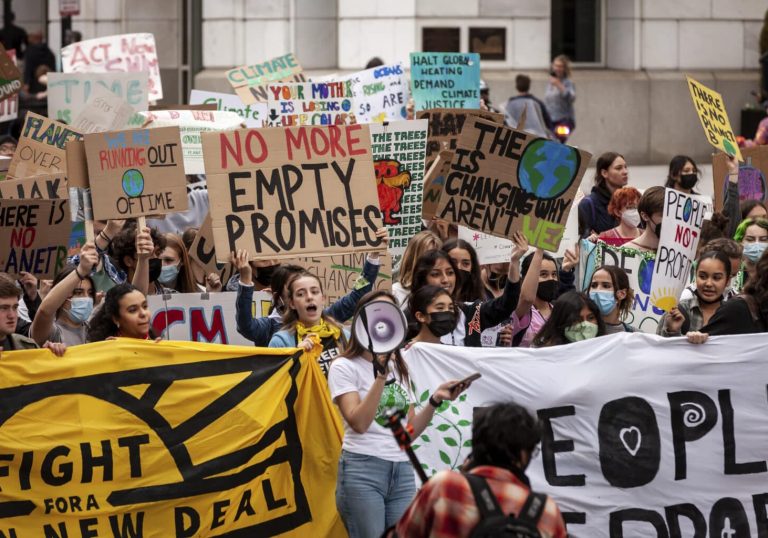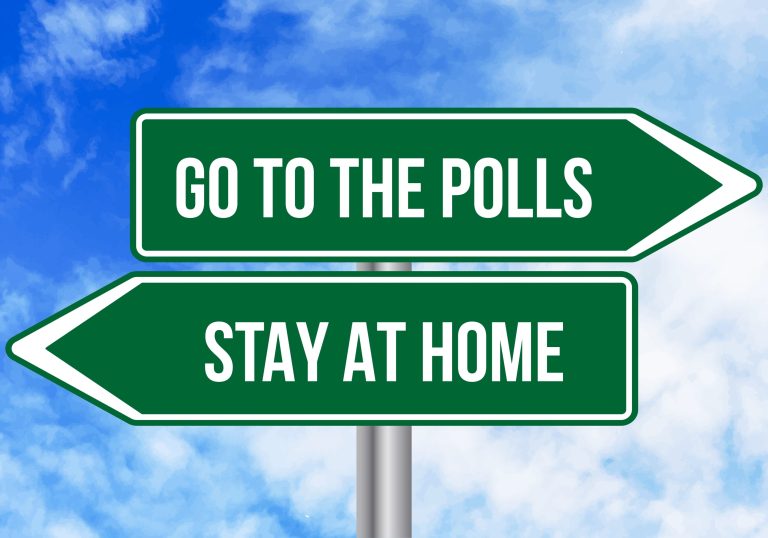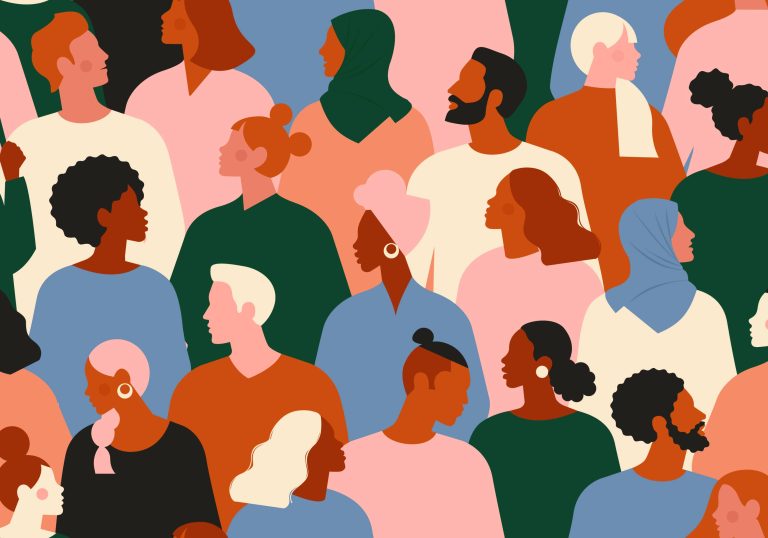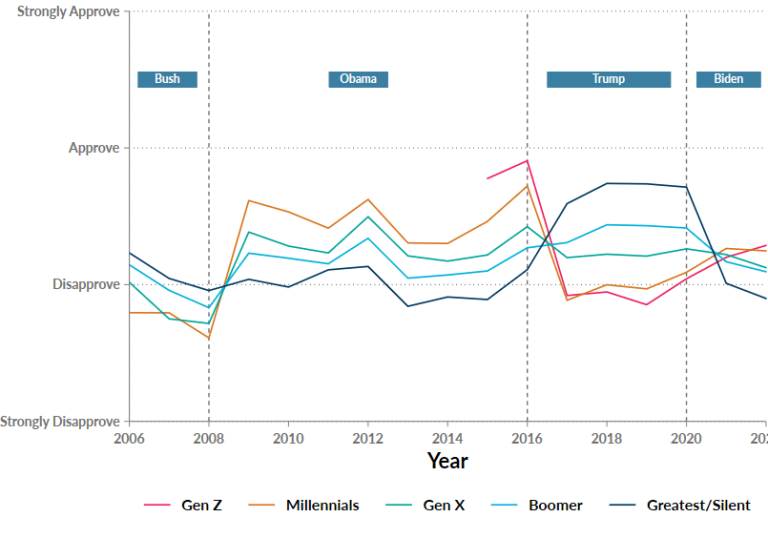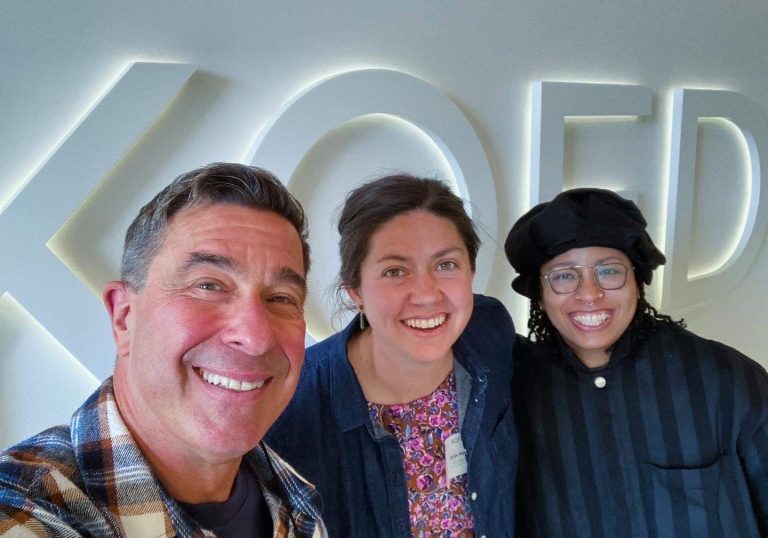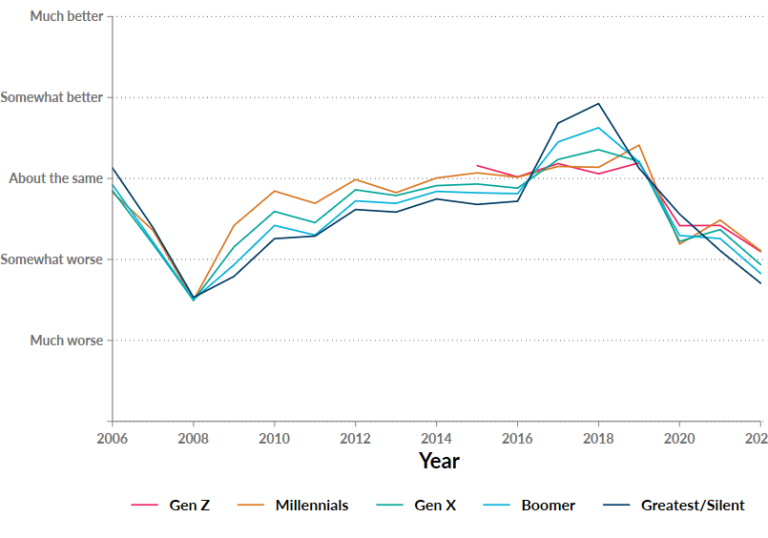Summary
In this paper, I show that information about ongoing attempts to disenfranchise young Americans induces anger and psychological reactance, which in turn increases people’s intentions to vote. However, after controlling for anger and reactance, information about youth suppression also has a negative direct impact on people’s turnout intentions. These indirect and direct results effectively cancel each other out, resulting in a statistically insignificant total effect on turnout in general, and youth turnout in particular. I also discover useful information about which types of people are most affected by youth suppression information: treatment effects were larger for those who personally identify with or care more about young people. Party affiliation, and the perception that young people share one’s political party preferences, surprisingly had little moderating effect. Ultimately, because the total effect of treatment on youth turnout was minimal and statistically insignificant, I argue that those hoping to counter the effects of youth suppression laws should explore other counter-mobilization strategies.
